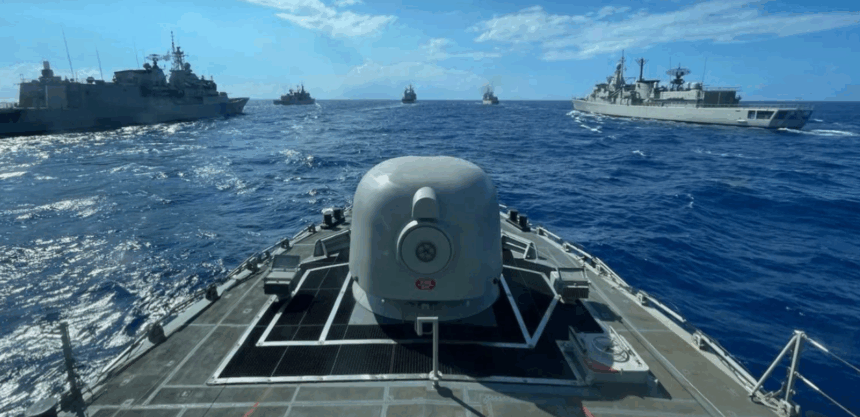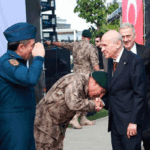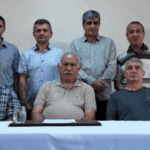Tensions in the Aegean rekindled after Greece launched a medium-scale, multi-domain exercise and Turkey responded with a second navigational warning, or NAVTEX. Ankara had earlier announced that the research vessel Piri Reis would conduct ten days of scientific surveys in designated areas, a move Athens met with deterrence drills spanning air, sea and land. Greek outlets reported that more than sixty fighter jets, Hellenic Navy units, special forces deployed across roughly thirty islands, and army elements near the Evros land border took part. As activities continued, Turkey issued another NAVTEX reiterating its view that certain eastern Aegean islands must remain demilitarized under international treaties and warning that military activity within the advisory zones could pose risks to navigational safety; Greece rejected both the legal framing and any implication of encroachment on its waters or continental shelf.
Running alongside the Aegean standoff, Ankara on Thursday said it is monitoring the arrival of Israeli-made Barak MX air-defense systems to the Republic of Cyprus and has taken steps to safeguard the Turkish Cypriot north, arguing that efforts which alter the island’s military balance are being closely watched. Turkish and Cypriot media have reported deliveries since late 2024, with the system designed to intercept aircraft, drones and cruise missiles at ranges up to roughly 150 kilometers. Cypriot officials typically keep procurement discreet, but reporting indicates the Barak MX will complement and eventually replace older Russian-made Tor and Buk systems that have become harder to sustain amid sanctions on Moscow. Washington has meanwhile extended the suspension of its decades-old arms embargo on Cyprus, a policy first eased in 2020 and renewed for the 2024–25 and 2025–26 periods, facilitating defense acquisitions by the internationally recognized government in the south.
Supporters of the new systems in Nicosia frame them as part of a broader deepening of defense cooperation with Israel and partners such as Greece and the United States, including training and exercises, while Turkish officials counter that acquisitions on the island risk destabilizing a fragile status quo even as Ankara says its posture is limited to protecting Turkish Cypriots. Cyprus remains divided since 1974, with the Republic of Cyprus controlling the south and the Turkish Republic of Northern Cyprus recognized only by Turkey in the north.
All this unfolds against a recent thaw between Athens and Ankara. President Recep Tayyip Erdoğan traveled to Athens in December 2023 for a “friendship” declaration and confidence-building agenda, and Prime Minister Kyriakos Mitsotakis visited Ankara on May 13, 2024.



